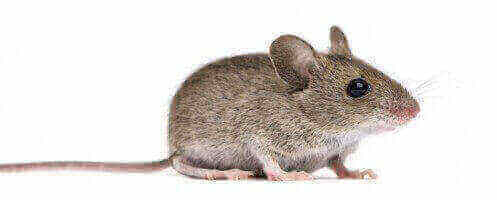
The scientists were studying the embryos’ biological ages, which refers to the function and health of cells, in contrast with chronological ages, which mark time in years ( SN: 7/13/16). Such tags can change a gene’s activity but not the information that the gene contains. The clocks measure epigenetic changes, chemical tags on DNA that can accrue as cells age or are exposed to things like pollution. Vadim Gladyshev, a biochemist and geneticist who studies aging at Harvard Medical School and Brigham and Women’s Hospital in Boston, and colleagues used molecular clocks to predict the approximate ages of mouse embryos in the early stages of development. It’s possible that this rejuvenation period “can be leveraged and hijacked somehow to basically try to promote similar processes of rejuvenation in normal cells,” Sebastiano says. Resetting the age of those cells could prevent them from causing problems. In such diseases, certain cells might become dysfunctional due to damage. Understanding how germline cells reverse aging could help researchers develop treatments for age-related diseases, such as arthritis or Parkinson’s, says Vittorio Sebastiano, a developmental biologist at Stanford University School of Medicine who was not involved in the work.

A rejuvenation period that takes place after an embryo has attached to the uterus sets the growing embryo at its youngest biological age, dubbed “ground zero,” researchers report June 25 in Science Advances. Both mouse and human germline cells appear to reset their biological age in the early stages of an embryo’s development. In a new study, scientists describe evidence that supports that rejuvenation hypothesis. So researchers have hypothesized that germline cells might instead reset their age after conception, reversing any damage. But studies have shown signs of aging in eggs and sperm, dispelling that idea. “For some reason, you are at zero.”Įxperts once thought that germline cells might be ageless - somehow protected from the passage of time ( SN: 3/10/04). “When you are born, you don’t inherit your parents’ age,” says Yukiko Yamashita, a developmental biologist at MIT who studies the immortality of germline cells such as eggs or sperm. But why our offspring don’t inherit those changes - effectively aging a child even before birth - has been a mystery.
/i.s3.glbimg.com/v1/AUTH_08fbf48bc0524877943fe86e43087e7a/internal_photos/bs/2021/1/D/9i5UG1TvaDuhfLymMvdg/almencla-wirelles-mouse.jpg)

As people age, so do all of our cells, which accumulate damage over time.


 0 kommentar(er)
0 kommentar(er)
